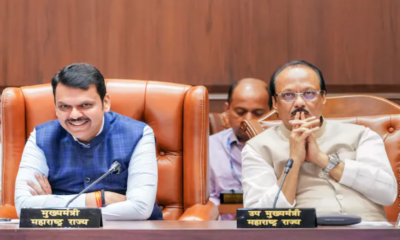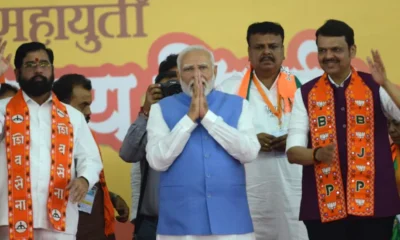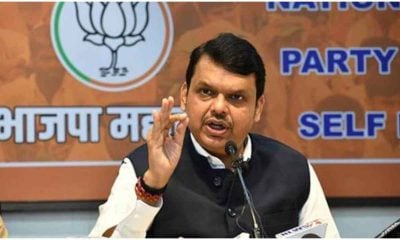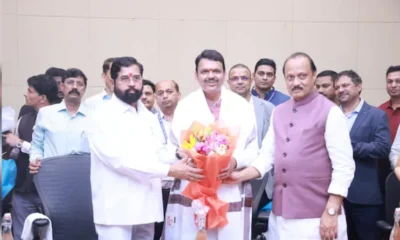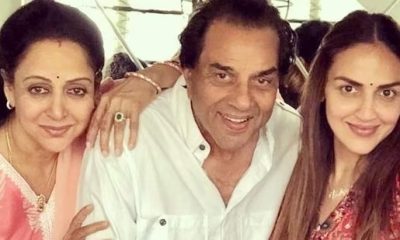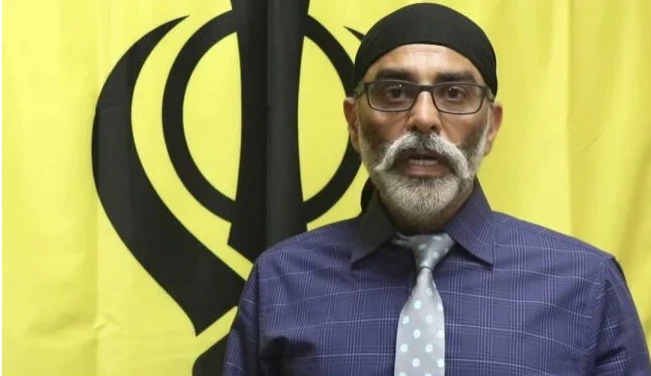The Maratha Kranti Morcha on Wednesday, July 25, called off its state-wide bandh after intensified protests in which several incidents of violence were reported, despite a call for ‘peaceful’ strike.
The Marathas, who are demanding reservation in jobs and education, said they now plan to gherao ‘Varsha’, the official residence of the chief minister in Mumbai, press for his resignation and seek settlement of their demands, said a report in The Indian Express (IE).
Earlier, at least three buses were put on fire and nine others were deflated. Protesters blocked arterial roads, including the Mumbai-Pune highway and the Eastern Expressway, and forced shops to shut in pockets of Raigad, reported NDTV. Local train routes were blocked in Jogeshwari and near Thane. Violent protests had erupted in parts of the state on Tuesday after a protester committed suicide by jumping into a river in Aurangabad.
Essential services like hospitals, school, medical were exempted from the Bandh. Chief Minister Devendra Fadnavis had on Tuesday called for an emergency high-level meeting to review the “progress” made by the Maharashtra State Backward Class Commission on the issue.
The Maratha leaders said they want the government to give them OBC status – not reservation directly, because any quota, beyond the existing 50 per cent, would be difficult to implement. The logic is that if the Marathas are granted OBC status, they would qualify for the existing OBC quotas.
In a scheduled recruitment to 72,000 government jobs, chief minister Fadnavis had promised that the government would keep 16 per cent positions reserved for the Marathas. “There would be no injustice meted out to the Maratha community.”
The protests come two years after the Maratha community took to streets across Maharashtra holding silent marches and demanding quota in jobs. Marathas form 33 per cent of the state’s population, according to a report in IE.
For the last four-five days, Maharashtra has been witnessing sporadic incidents of violence like torching of buses, tyres and rasta rokos mainly in Marathwada, western Maharashtra and Konkan regions, said media reports. Activists under the umbrella of the Maratha Kranti Morcha are holding sit-in agitations in some districts like Beed and Nashik. One of the protesters on Monday took “jal samadhi” in Godavari river in Aurangabad.
Maratha leaders denied that their fresh agitation is linked to next year’s general elections. According to an IE report, they say the immediate trigger for their protest is the announcement by Fadnavis in the state Assembly on July 20 that his government would provide 16 per cent reservation in government jobs to the Maratha community.
The CM had said a recruitment drive would be taken up once Maratha reservation gets constitutional and legal sanction. “There would be no injustice meted out to the Maratha community,” he had said.
But Maratha leaders say they want the government to give them OBC status and not reservation because any reservation, beyond the existing 50 per cent, would be difficult to implement. On the other hand, if the Marathas are granted OBC status, they would qualify for the existing OBC quotas.
“The Maharashtra government can easily convene a special session of the state legislature and take a final decision according OBC status to the community. But it does not have the political will power to do. It wants to carry on with its game of playing with the sentiments of the Maratha community and wreck the lives of thousands of youths,” said Manoj Akhare, one of the coordinators of Maratha Kranti Morcha, the umbrella body leading the agitation.
While the government says the Backward Class Commission was already considering the proposal to accord OBC status to Marathas, and its work was going on, the community claims that the government need not wait for the commission to finalise its report. “We do not know when the commission will complete its work. This means the government will not be able to take the decision as in a few months’ time the general elections will be upon us. The government will get a chance to play votebank politics by promising quota for the community during election campaigning,” the community leaders say.


 India News24 hours ago
India News24 hours ago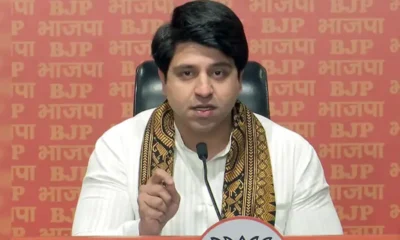
 India News24 hours ago
India News24 hours ago
 Latest world news24 hours ago
Latest world news24 hours ago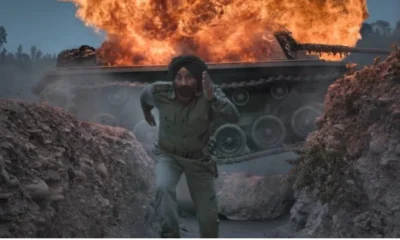
 Entertainment20 hours ago
Entertainment20 hours ago
 India News17 hours ago
India News17 hours ago
 India News14 hours ago
India News14 hours ago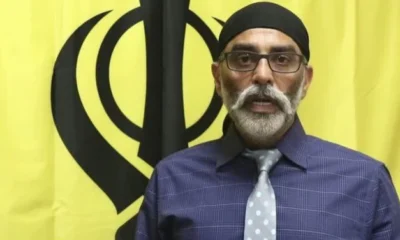
 India News8 mins ago
India News8 mins ago
 Latest world news16 mins ago
Latest world news16 mins ago
